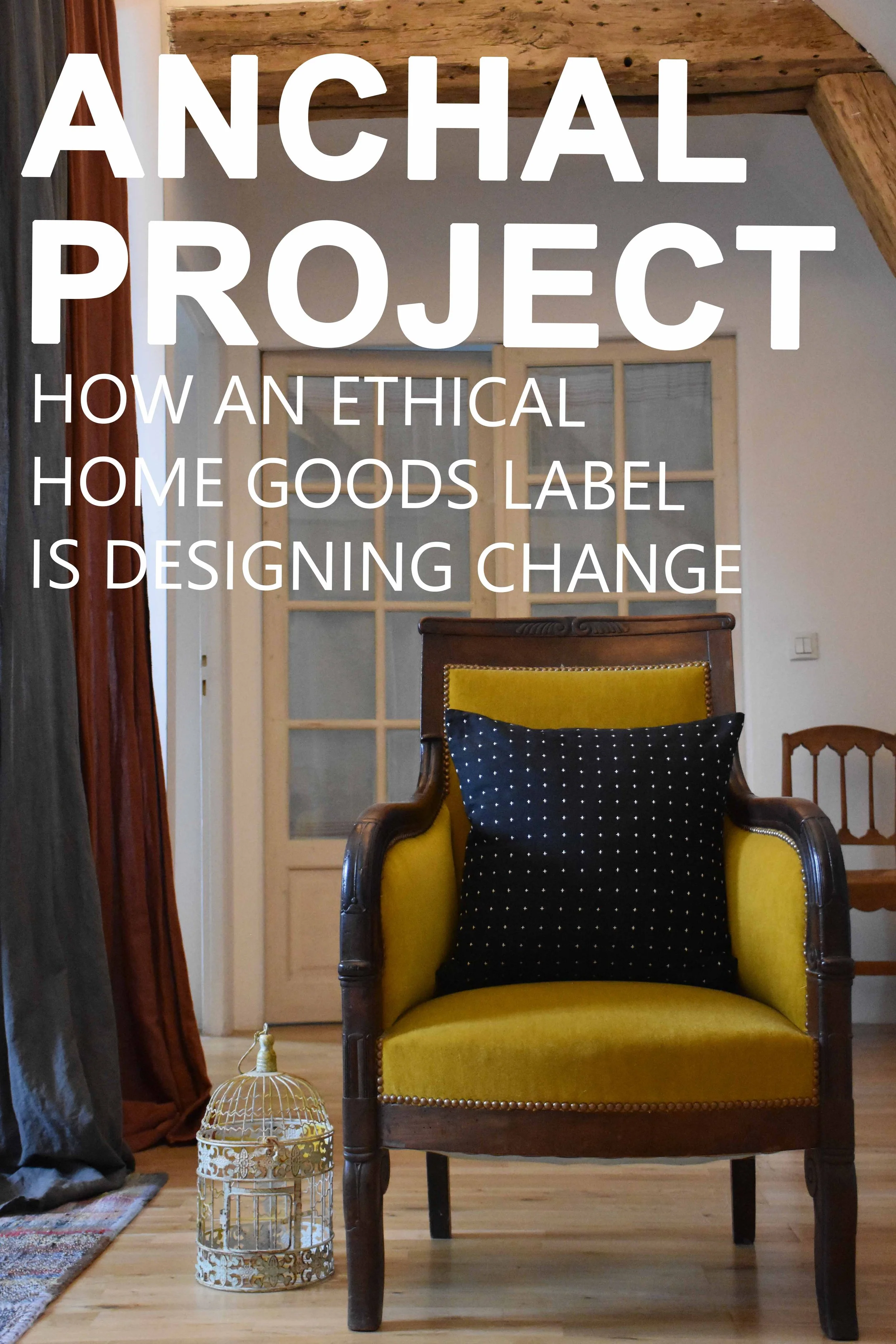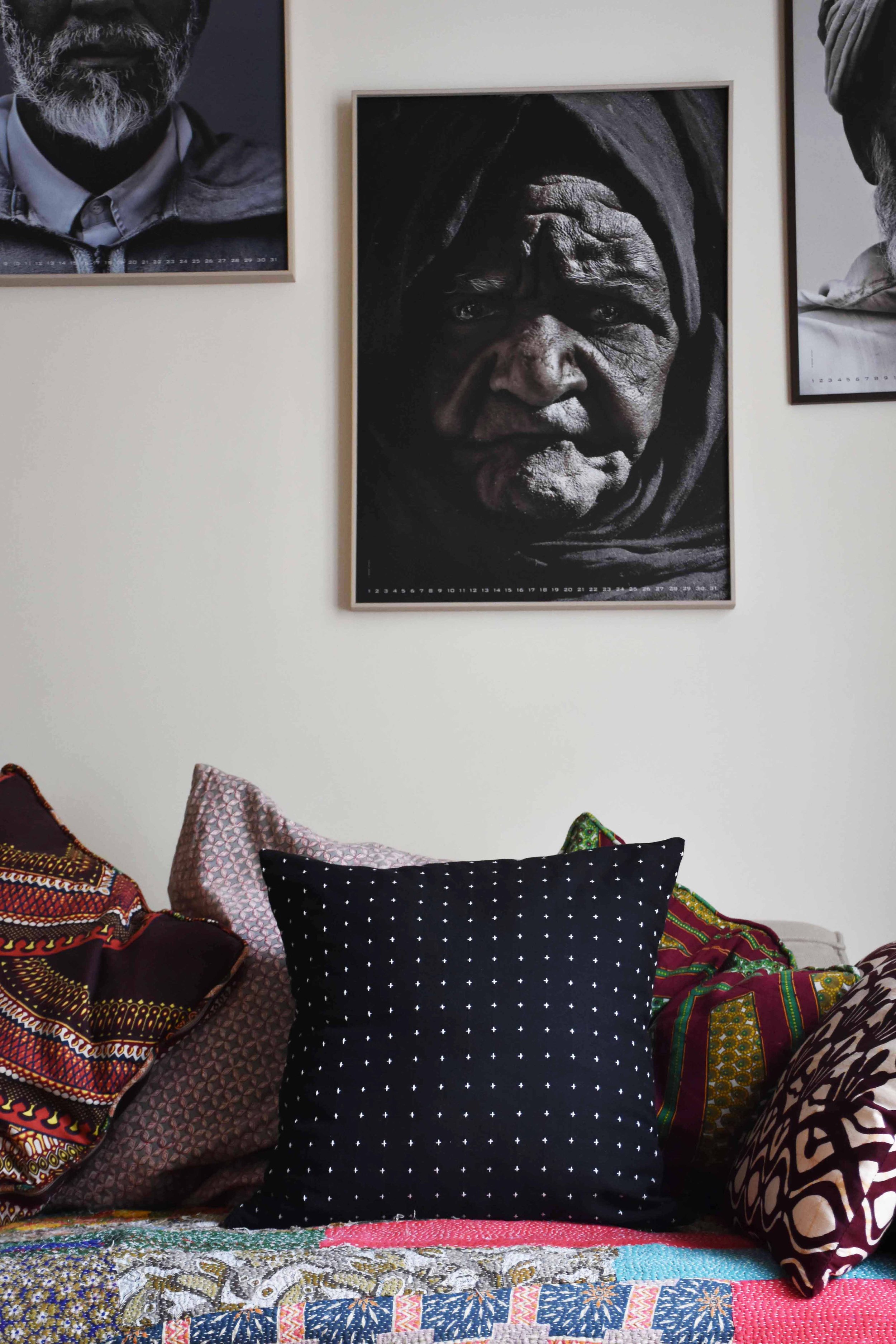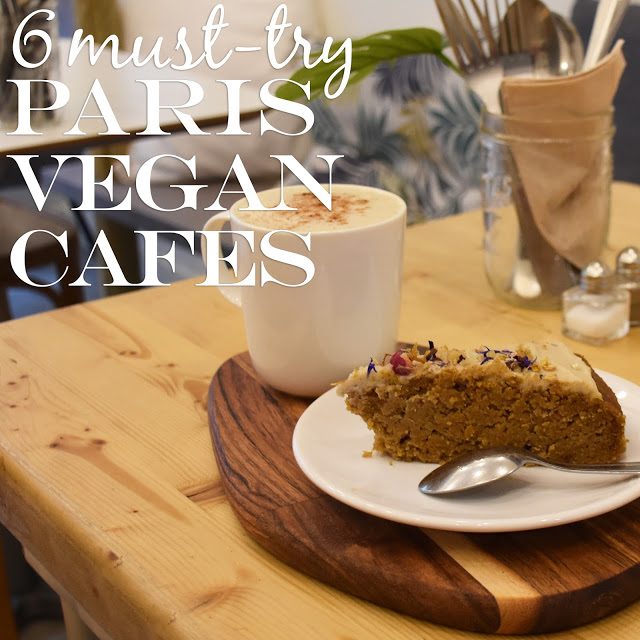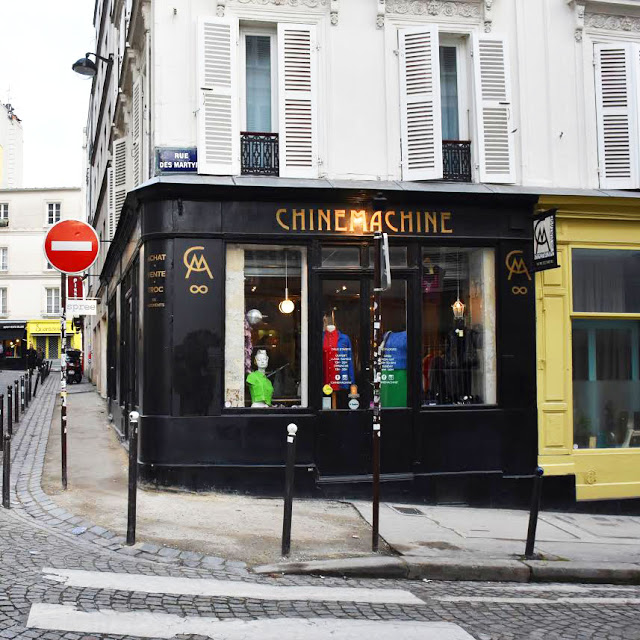eco brand: anchal project, how design changes lives
/if you had a superpower, what would it be? this is a question i love to ask people in my life. the founders + workers behind ethical businesses are made of tenacity, resilience and creative problem solving applied to our world’s pressing issues: i call them our modern-day superheroes. today we meet the entrepreneurs + the artisans behind the eco home goods label anchal project, a brand i’ve been following for years. exploring a sustainable brand, as a conscious consumer and citizen, means pulling back the curtain on a brand and getting to know the people, the processes, and the forces behind the label. and who doesn’t love to take a peek behind a superhero’s curtain {ahem, or cape}?
“We believe design can change lives. When you purchase Anchal’s handmade products, you invest in new economic realities for exploited women around the world.”
anchal {the urdu word for shelter} brings safety, stability + shelter to vulnerable women across the globe through sustainable employment and handmade designs. a movement for forward change + freedom can happen with a sea of steadfast people, and sometimes, a movement starts with two savvy, strong-willed sisters. colleen and maggie clines place human rights at the center of their organization, working with survivors of sex trafficking and transforming lives via sustainable employment. colleen and maggie are today’s supersheroes and their capes are fair trade.
anchal project is a nonprofit that uses design and collaboration to provide economic opportunities for marginalized women to empower themselves through the creation of handmade, fair trade products. ordinary quilts + pillows these are not, my friends.
all entrepreneurs start with an idea {there it is, skipping about, frolicking in our brains} and suddenly, it’s standing there before us, a once fermenting idea has now come to fruition. and sometimes that idea comes into existence to create positive change on this planet we all call home.
colleen clines took a trip to india in 2009. she was introduced to the world of commercial sex trade and the lack of opportunity for women in the community. it was then that she was galvanized to address social and environmental systems, “the women we met became our sisters, sisters we had to fight for.”
rooted in collaboration and creative design solutions, anchal is a non-profit that operates like a business via both sales and donations. women are hired as artisans and every artisan has her own personal bank account. 100% of artisans are investing in their children’s education, thereby breaking the cycle of poverty + exploitation.
anchal’s programs demonstrate that when employment inequality is systematically addressed, this can reduce the number of women reliant on commercial sex work and eliminate the stigma that women and girls face around the world. 95% of anchal artisans have left the commercial sex trade or dramatically reduced their clients.
from the founders of anchal, “our impact is evident in each artisan’s personal growth, which we measure annually. ferosa purchased a plot of land and has ideas for a farm, renu bought her family a water filter to ensure safe drinking water, seema purchased purple tile for her kitchen and laxmi sent her daughter to college.
our holistic program is designed to address the diverse needs of each woman and equip them with the tools to sustain employment as an anchal artisan and beyond. by offering alternatives to dangerous and exploitative work, we help women rediscover their dignity, independence and creativity in a financially rewarding way. our programs offer women design and skills training, full-time employment, educational workshops, health services, a supportive community, and access to an international marketplace.”
ethical consumption is indeed a potent form of protest. cheap goods are linked to poverty wages, to dangerous working conditions for factory workers {with 86% being young females} and to environmental degradation with factories contributing to pollution of local communities. this holiday season, choose an ethical label, choose an experience for a loved one, choose to be a superhero yourself via each purchase your make. together we can choose better.
“I think when there is peace, respect and freedom, anybody can be more productive and creative. When I am making something I have many images in my head, but only need to reproduce them on the fabric.”
to learn more about anchal’s work, follow them on IG or skip on over to their website for fair trade goodness + life changing products. remember friends, only buy what you need because quality over quantity is what the cool eco cats are doing.
until next time, stay green dear hearts!
















































!["since the outbreak of covid-19, we have seen the devastating impact of fashion brands' purchasing practices, such as cancelled orders and delayed payments, on some of the most vulnerable workers in the [garment industry] supply chain.
the vast](https://images.squarespace-cdn.com/content/v1/5a542a39bff200360146681d/1587760602053-771QUODRHY8D2UVTWTOL/image-asset.jpeg)

































